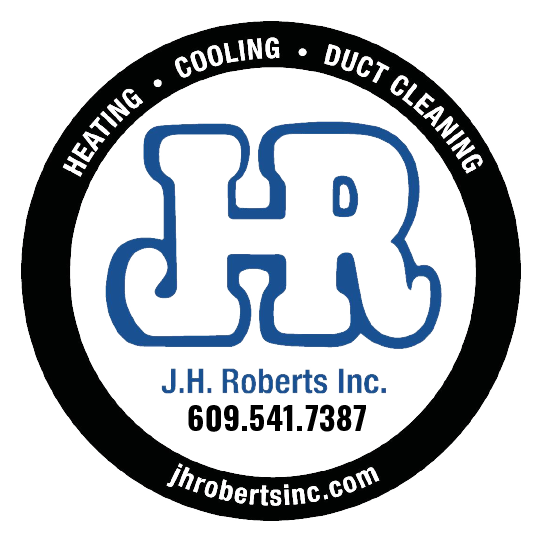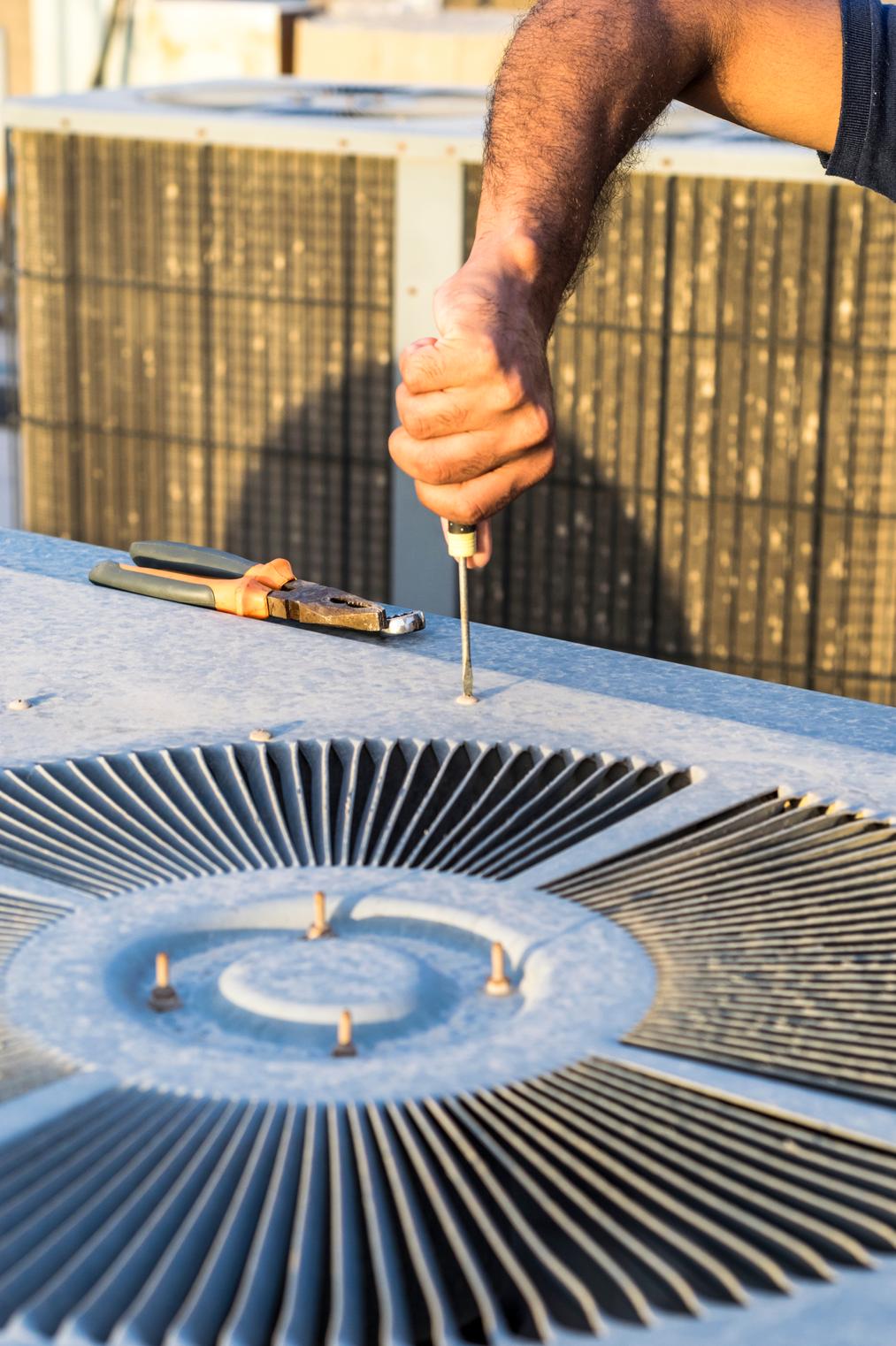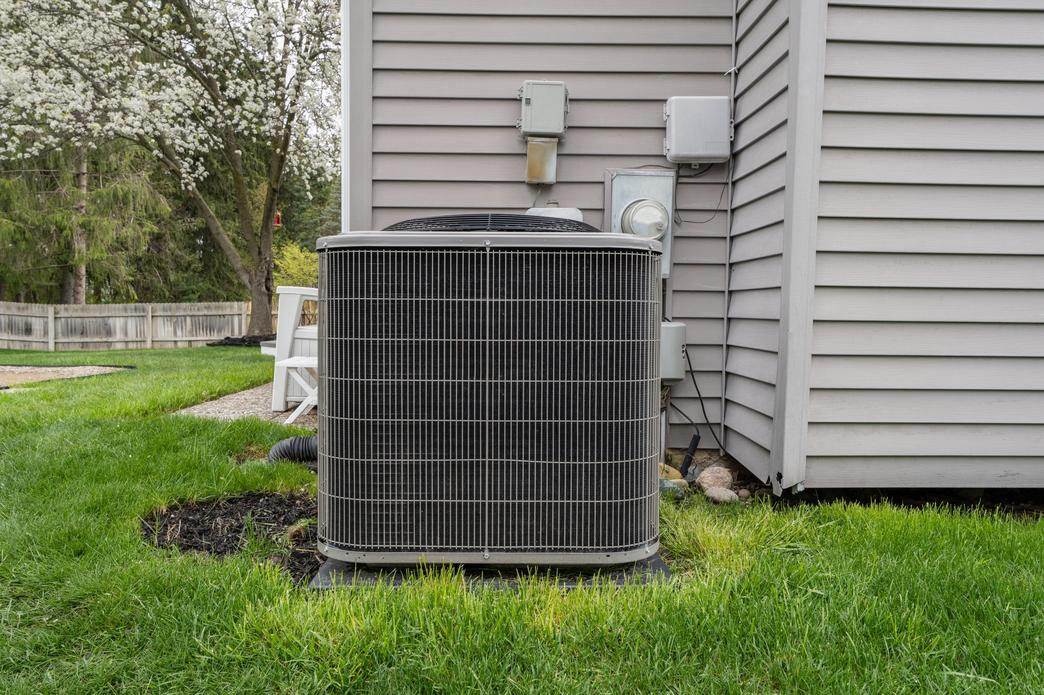Considering a New Air Conditioning System in Forked River, Toms River & Barnegat, NJ ad Surrounding Areas?
J.H. Roberts Inc. Makes Installation a Breeze!
For homeowners and businesses in Forked River, NJ, and neighboring communities like Lacey Township, Barnegat, Waretown, and Lanoka Harbor, a reliable air conditioning system is essential for battling the summer heat. While regular maintenance and timely repairs can extend the life of your AC unit, there comes a point when replacement is the most practical and cost-effective solution. When that time arrives, J.H. Roberts Inc. is your trusted partner for professional and efficient air conditioning installation, ensuring your home remains cool and comfortable for years to come.
We understand that investing in a new AC system is a significant decision. That's why our team is dedicated to guiding you through every step of the process, from selecting the right unit for your specific needs and budget to precise installation and comprehensive post-installation support. We work with leading brands and offer a variety of energy-efficient models, helping you save on utility bills while reducing your environmental footprint.


